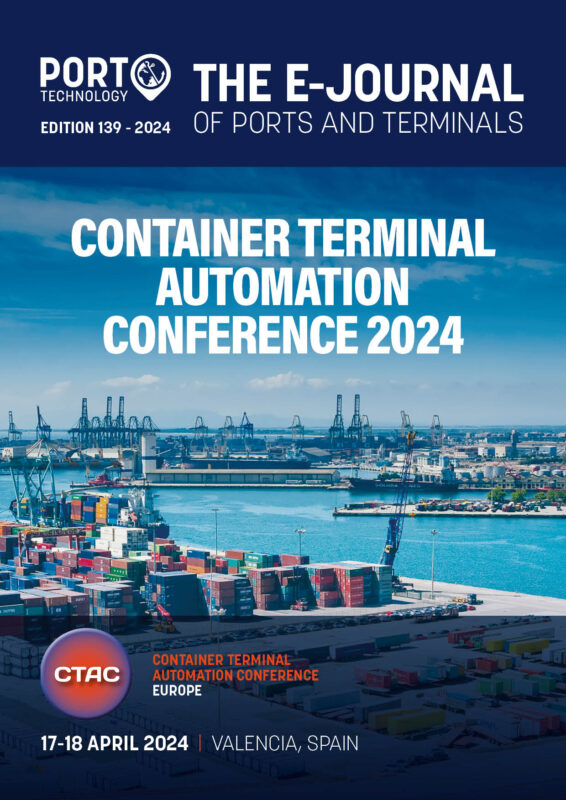The Government’s recently published Yellowhammer document paints a vivid picture of a worst-case scenario should a no-deal Brexit occur on October 31. Escalating food prices, limited medical supplies and a rise in public disorder are all presented as genuine risks across the document’s six pages, should the UK leave the European Union with no deal.
Yellowhammer’s publication has certainly been successful in creating headlines. Clearly, changes and disruption – particularly in the short term – are inevitable, and we need to consider some of the longer term impacts going into 2020.
To some, the document’s contents may seem intimidating. So just how realistic are the “reasonable worst case assumptions” outlined, and what else can the ports industry do to prepare beyond the huge amount of work that’s been completed to date?
Let’s take a look at some of the document’s key points affecting ports in the
UK, and some of the options and approaches available to countering these
scenarios, both in the short and longer term.




